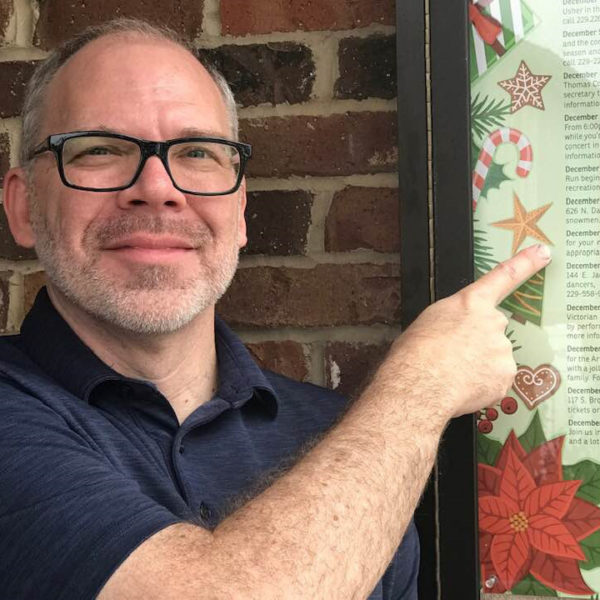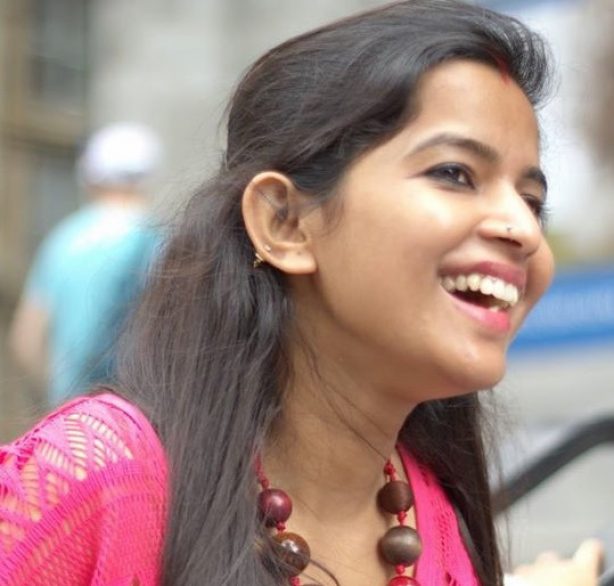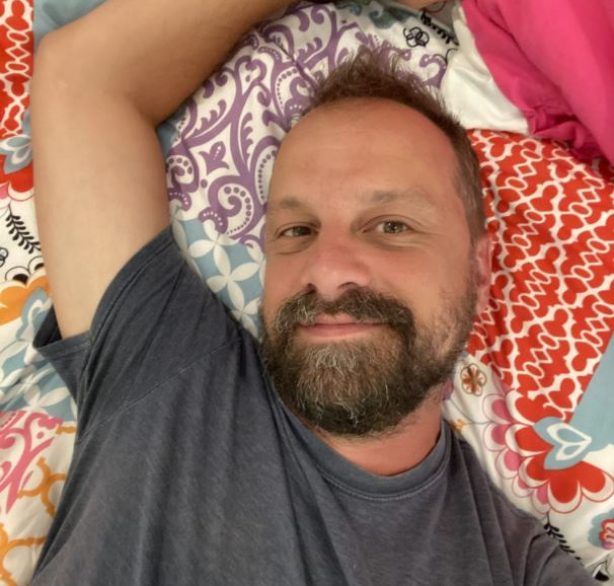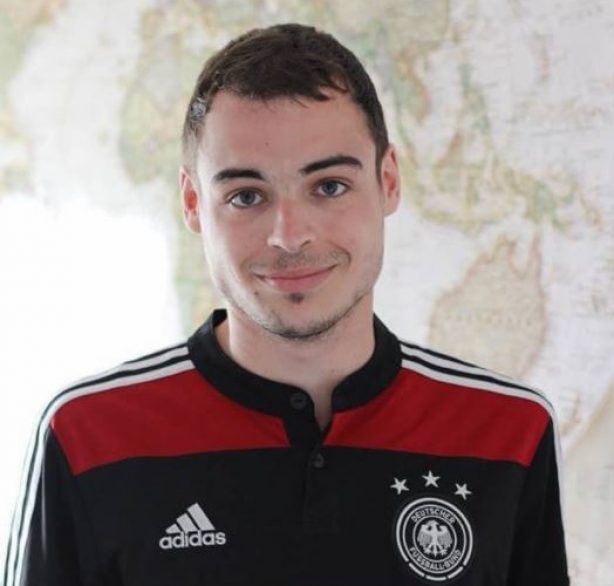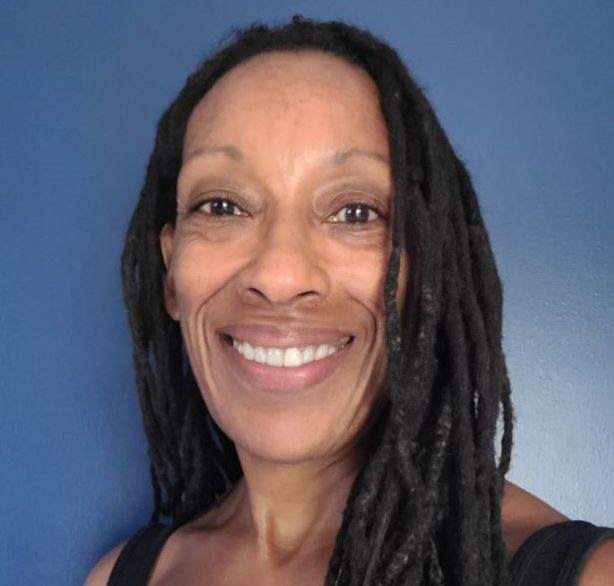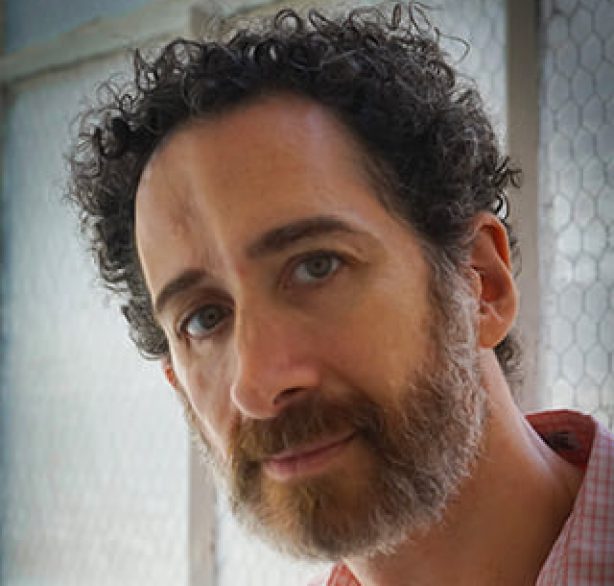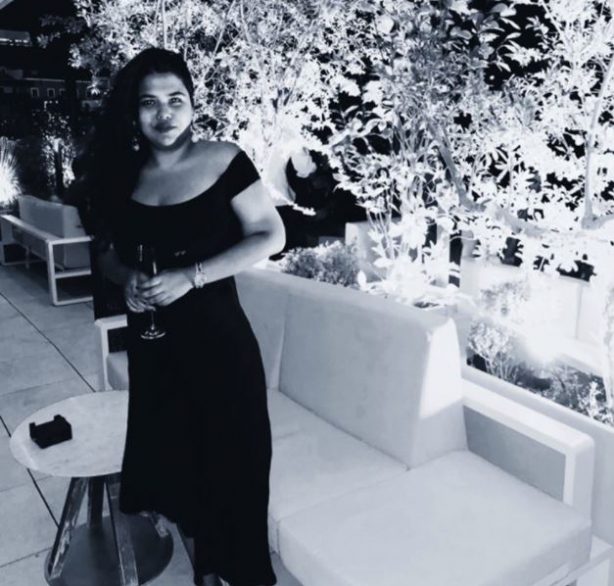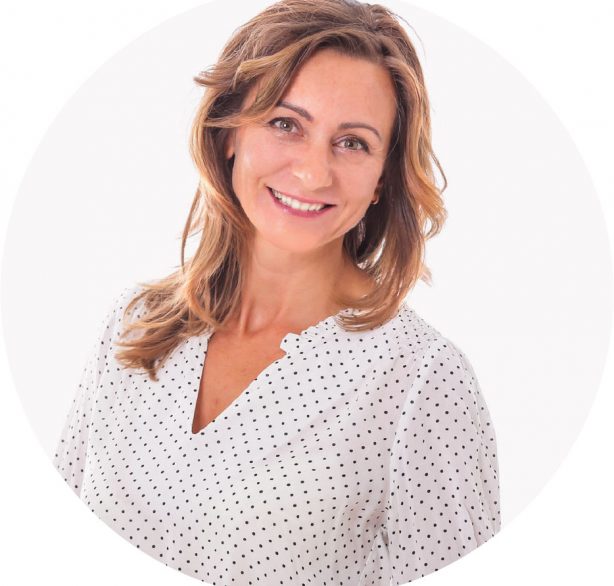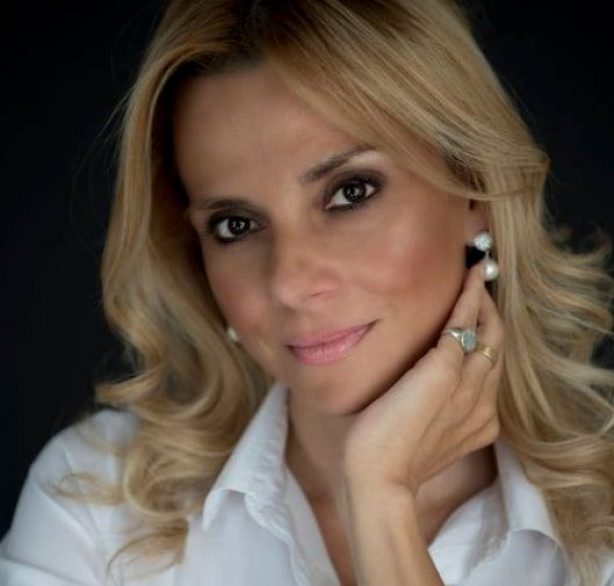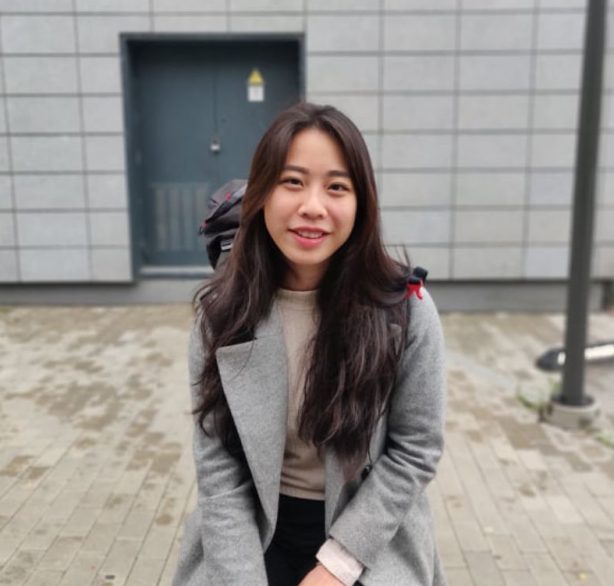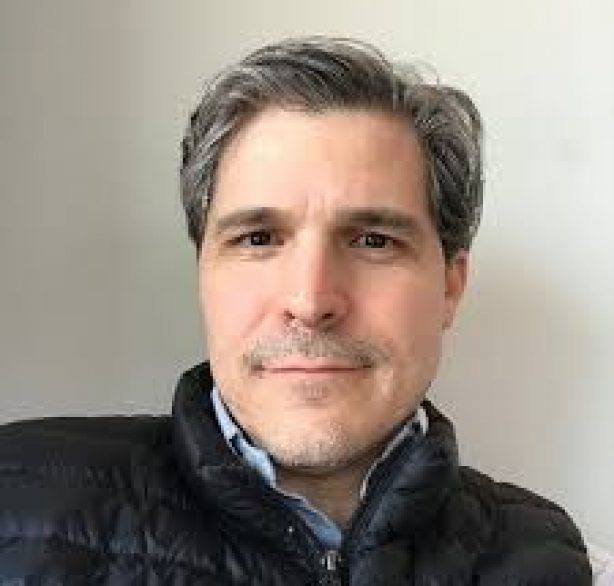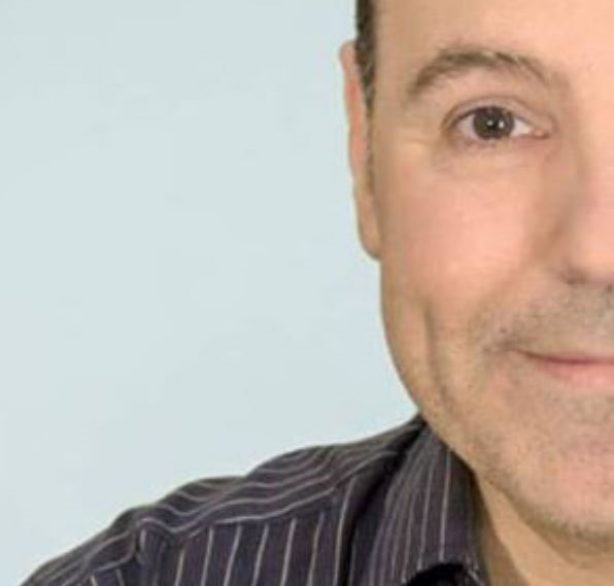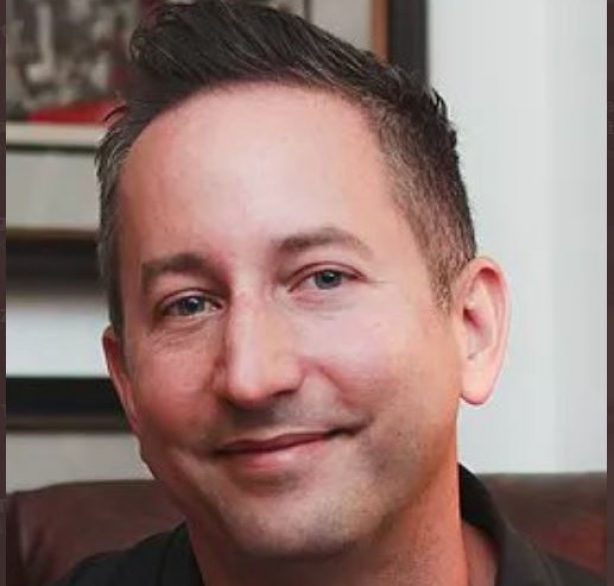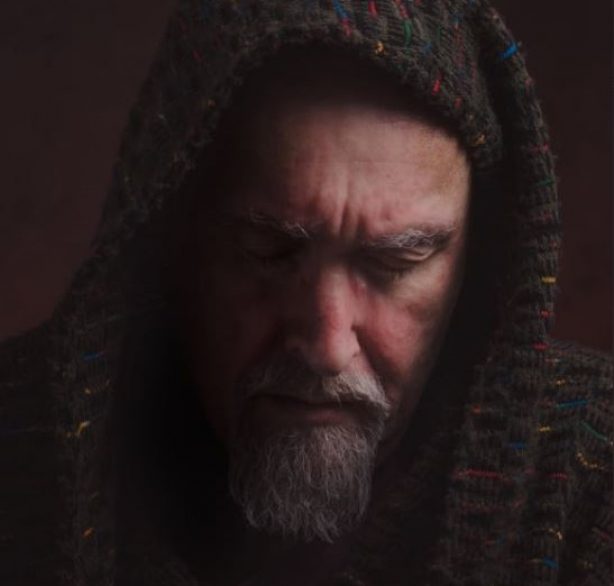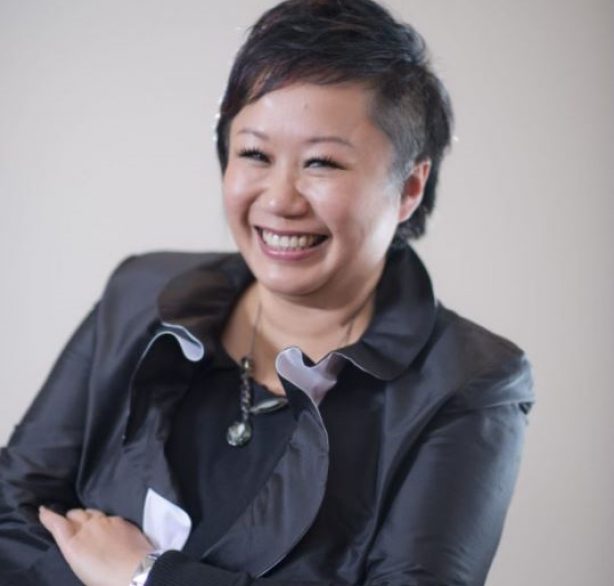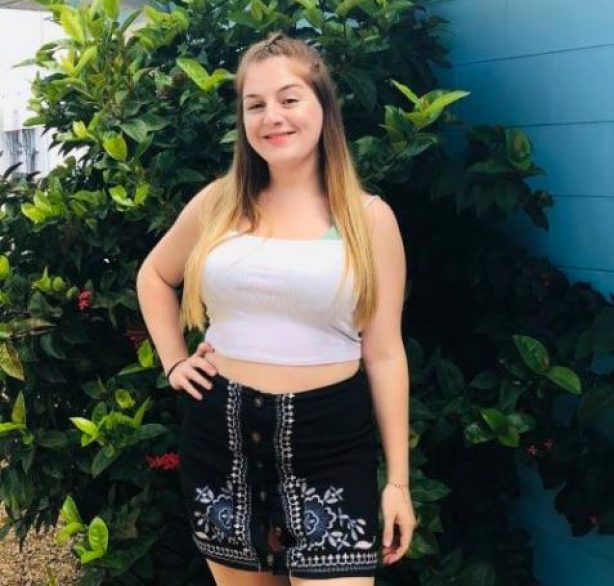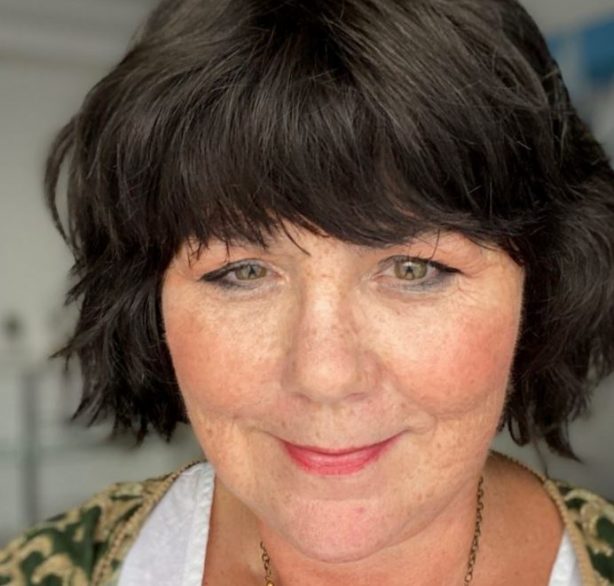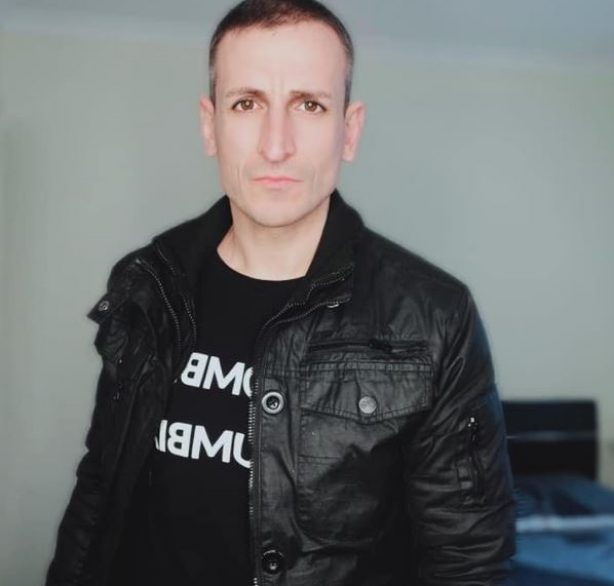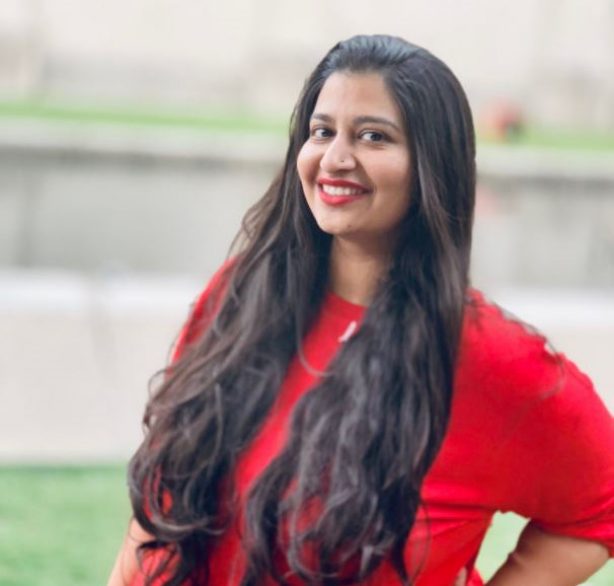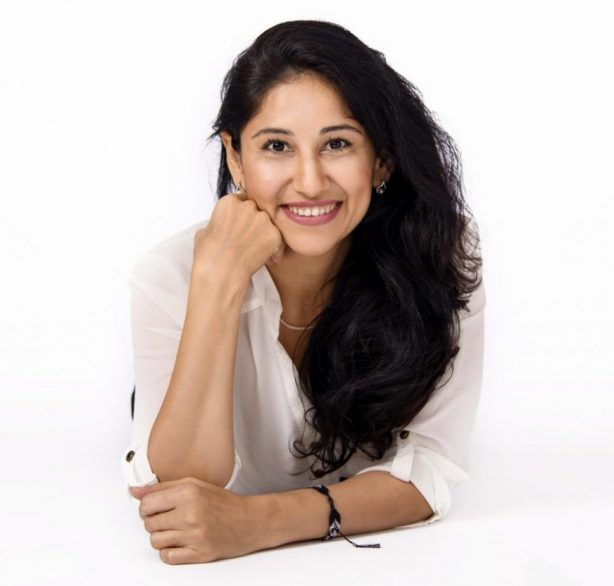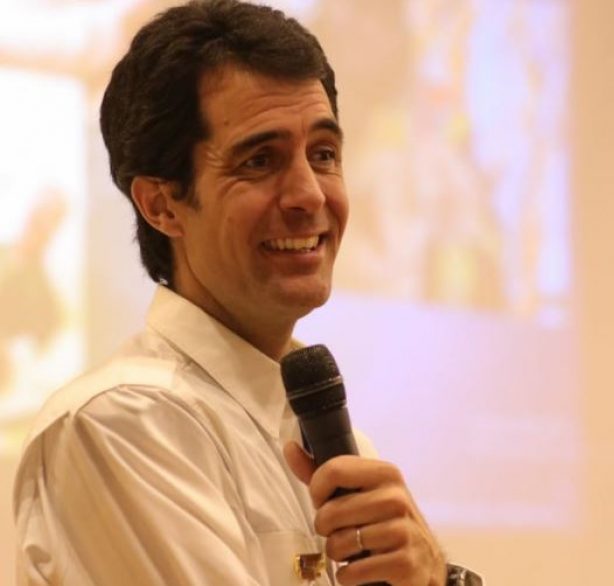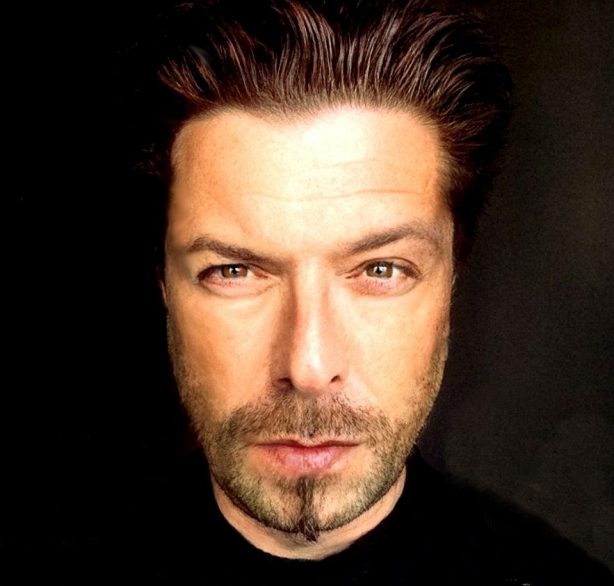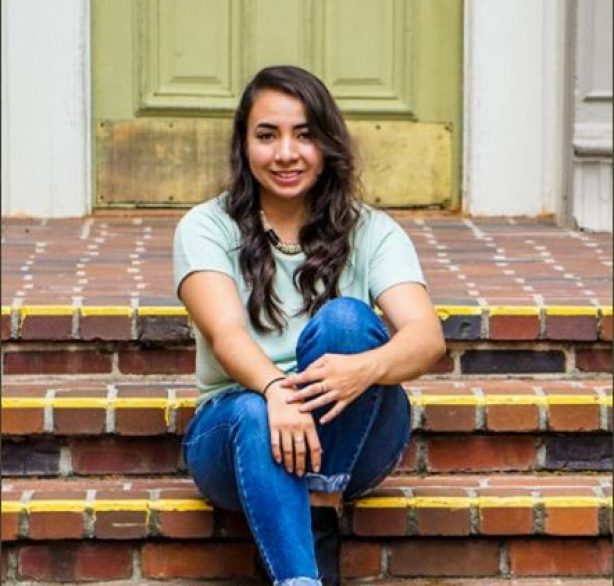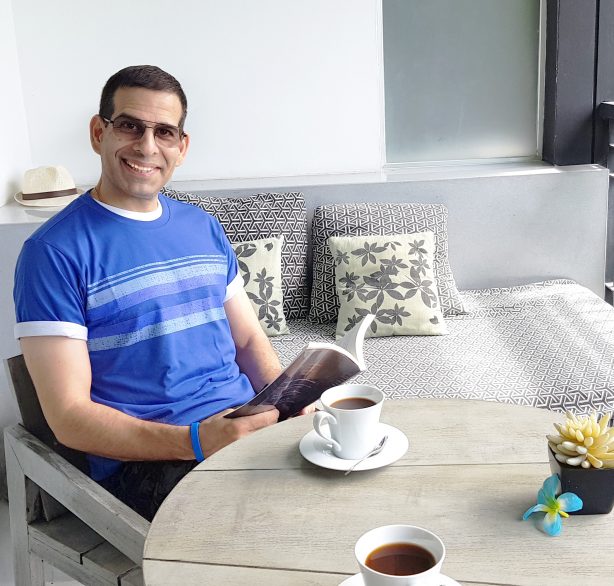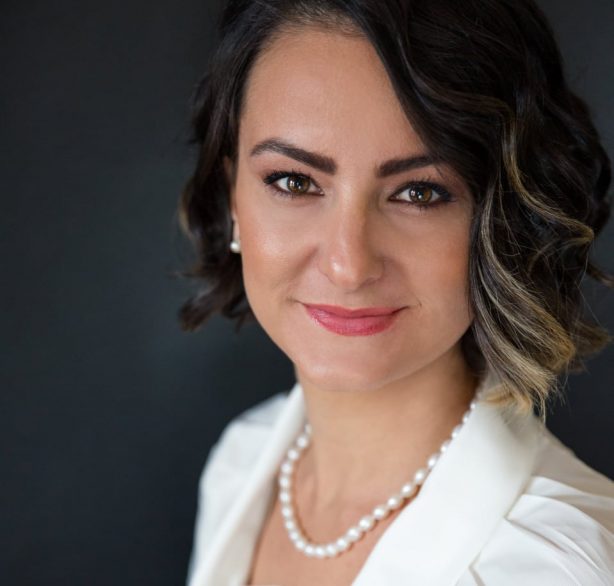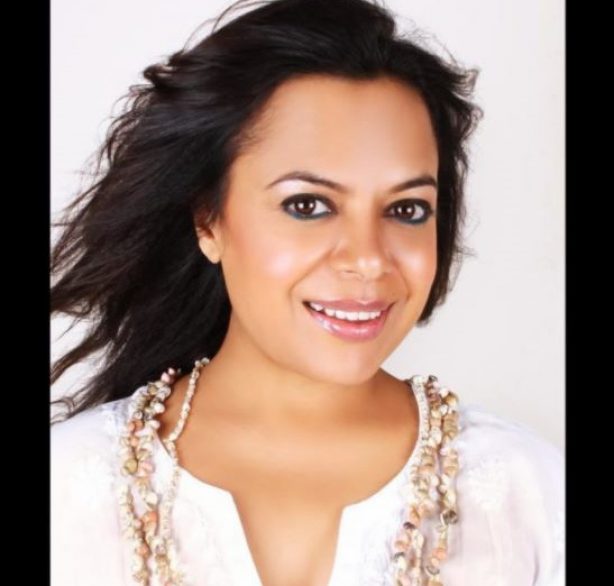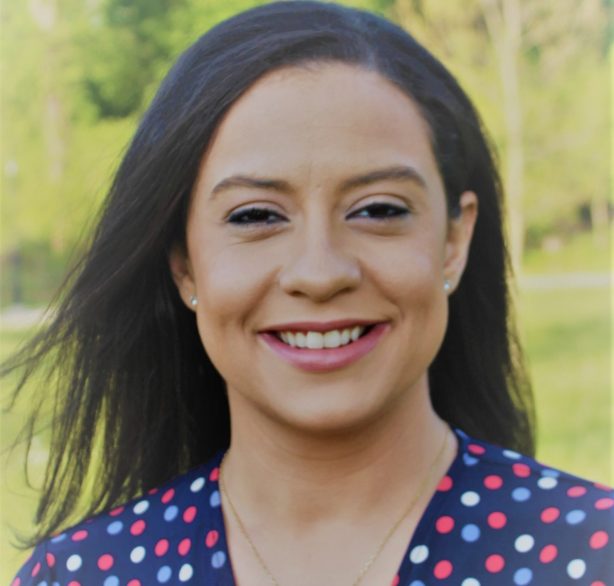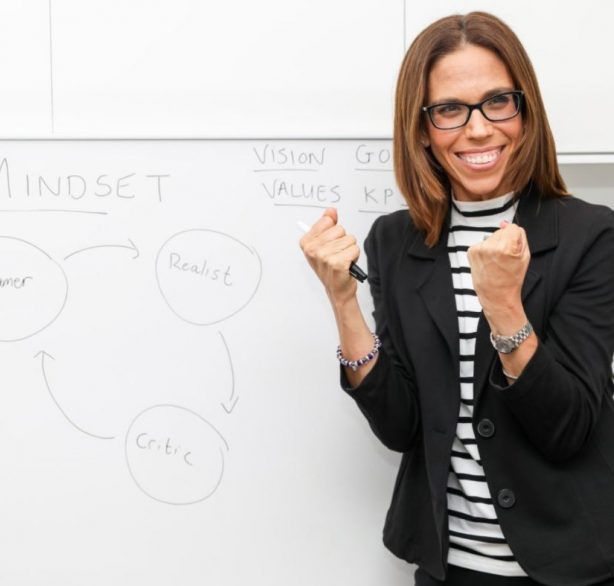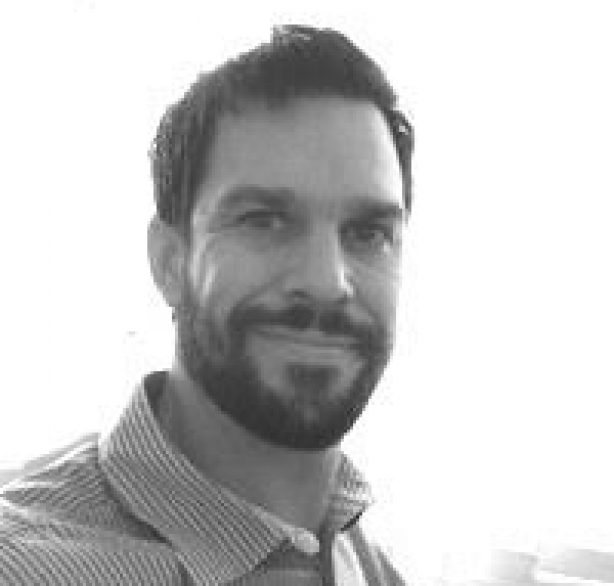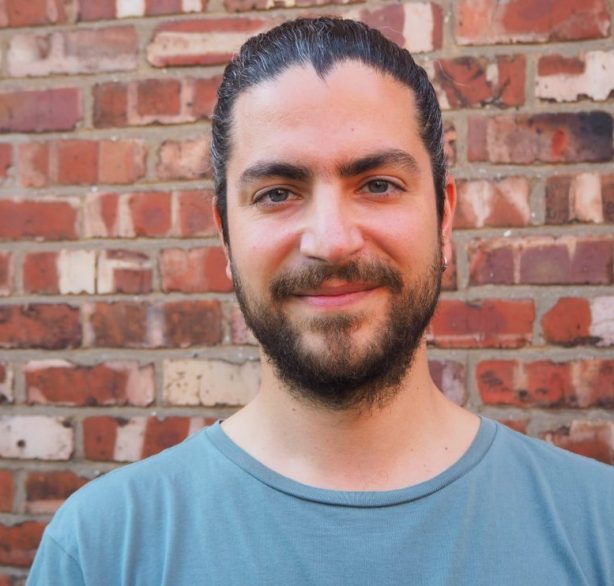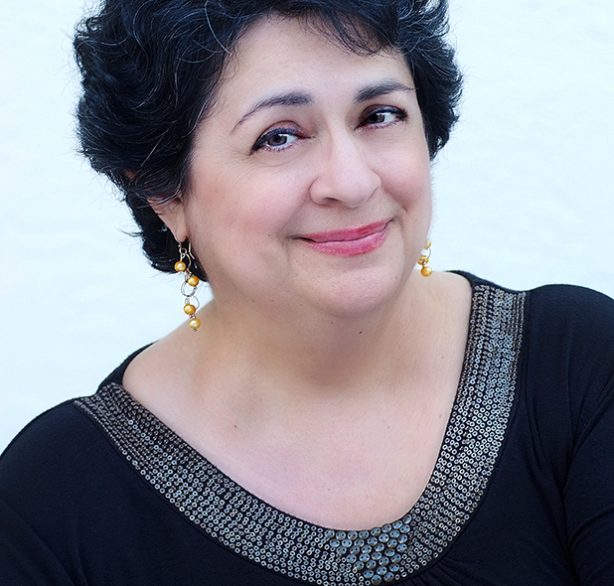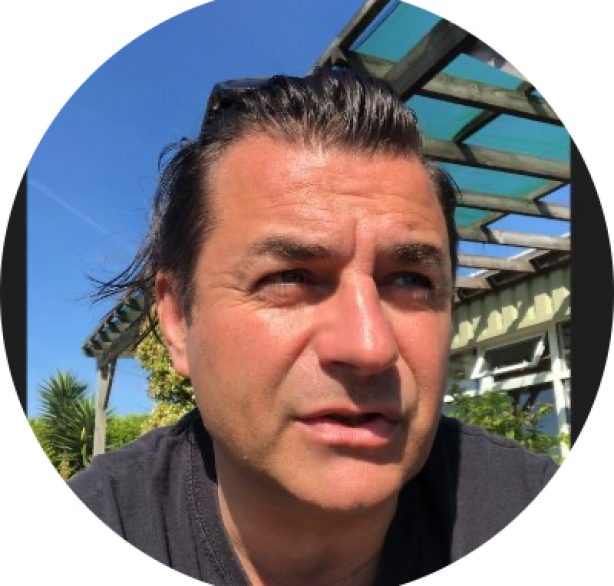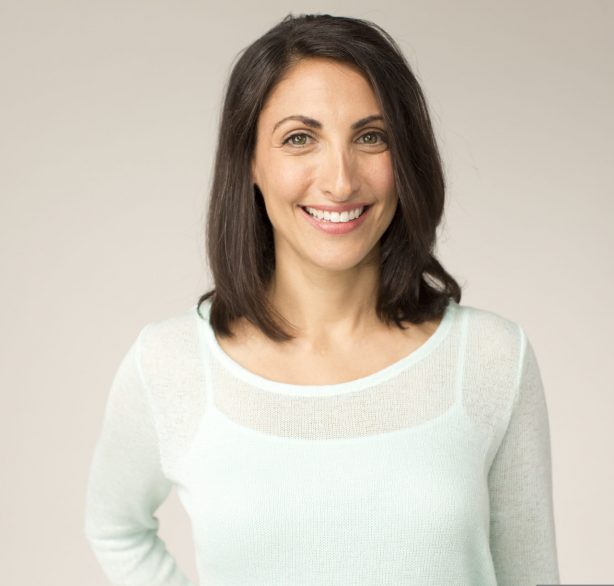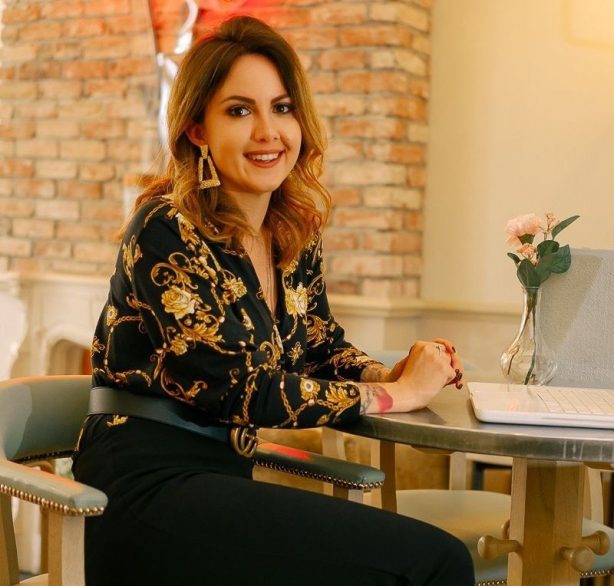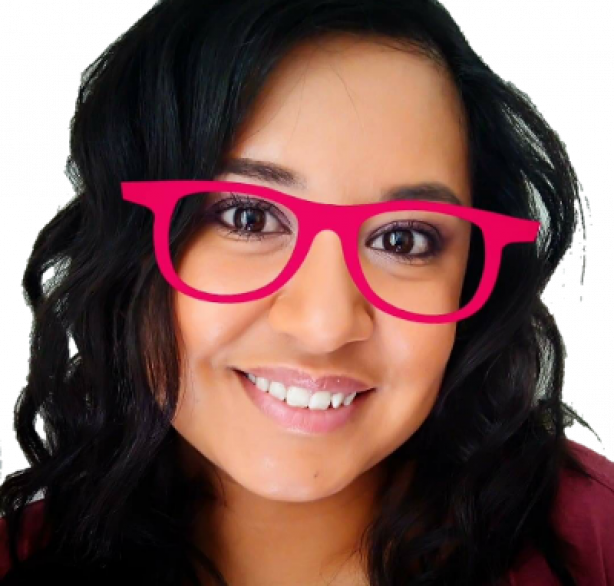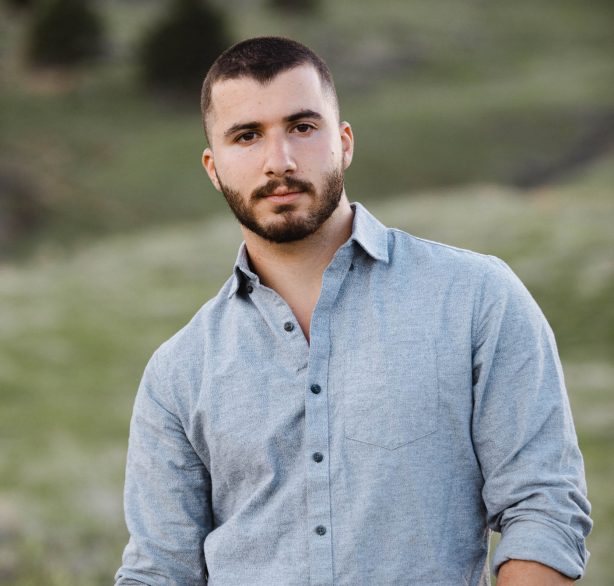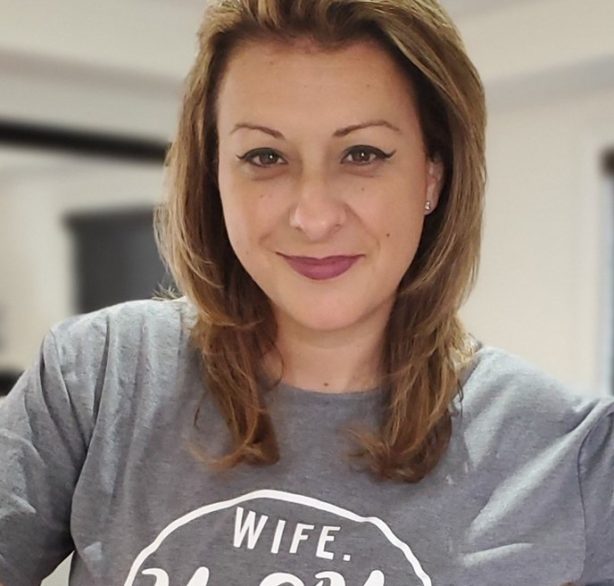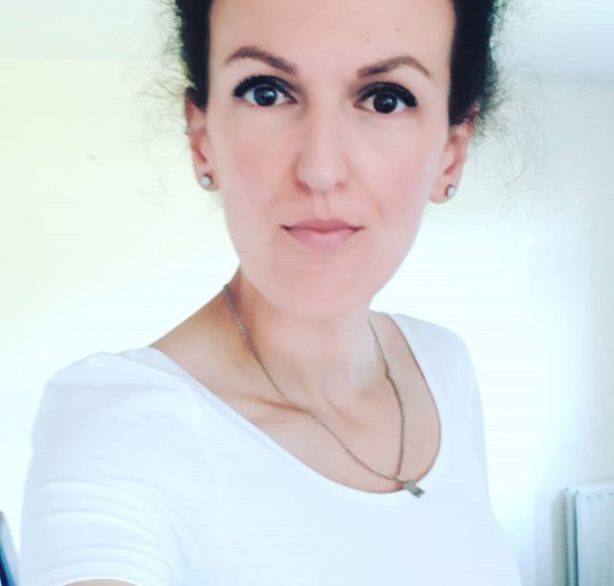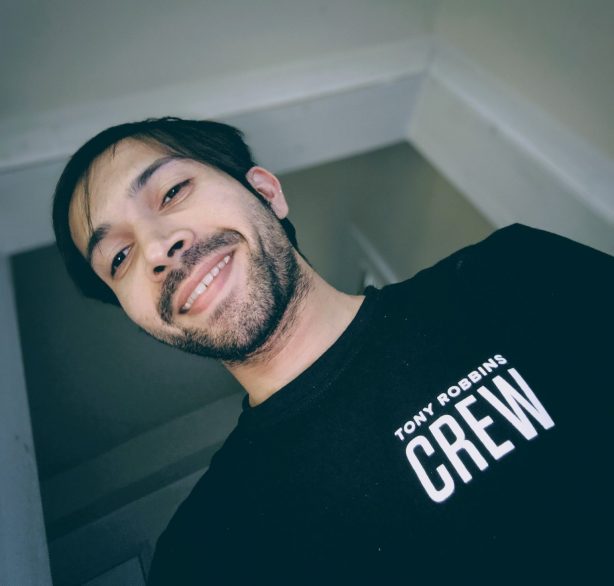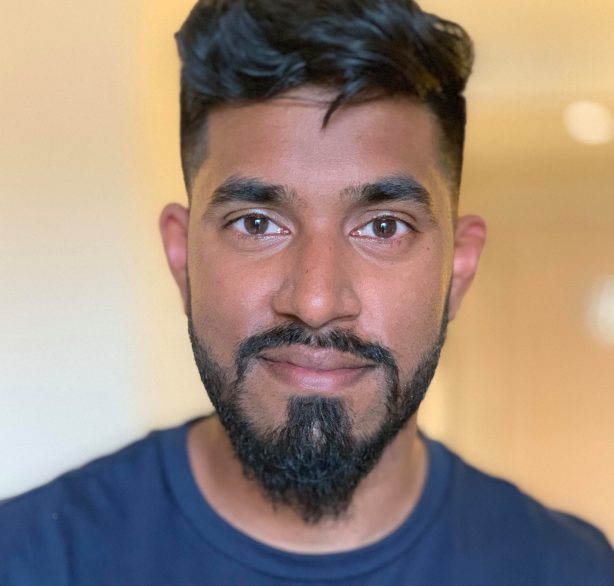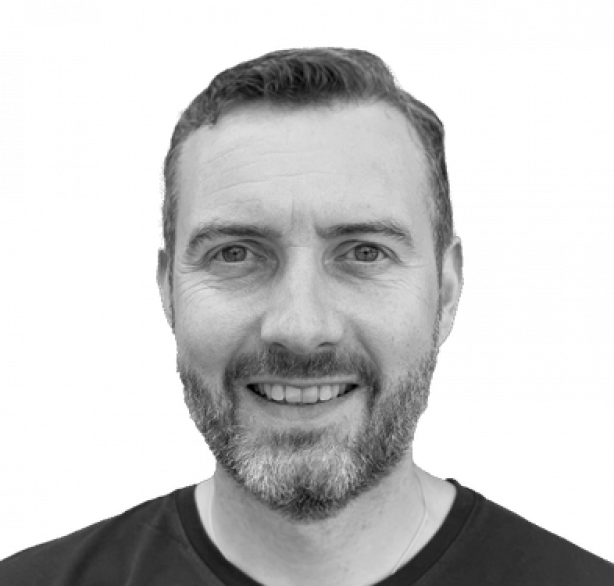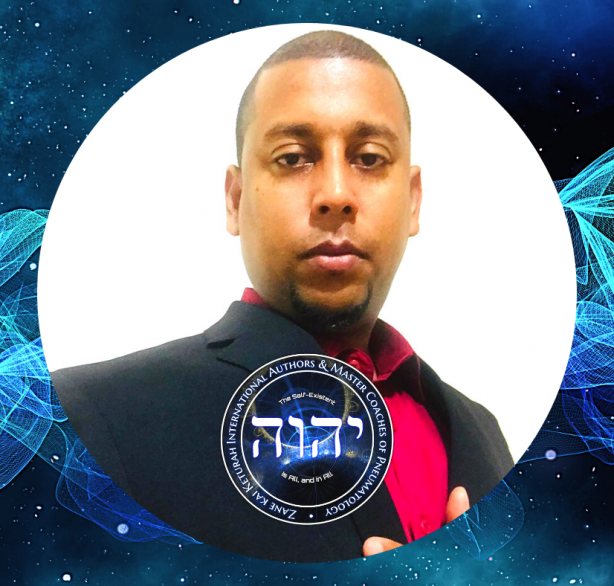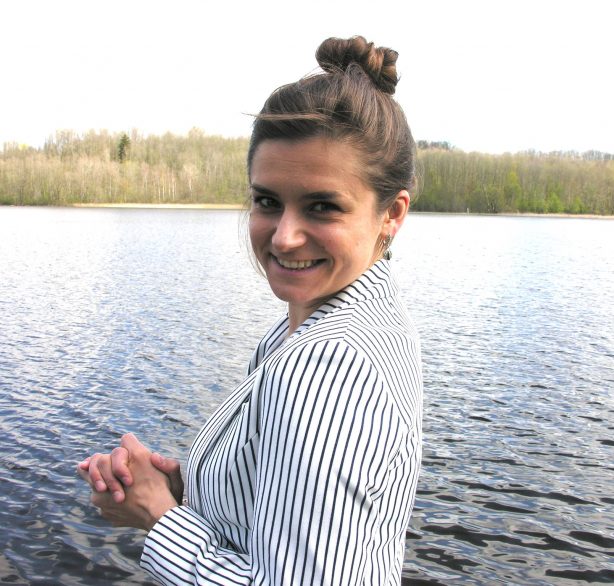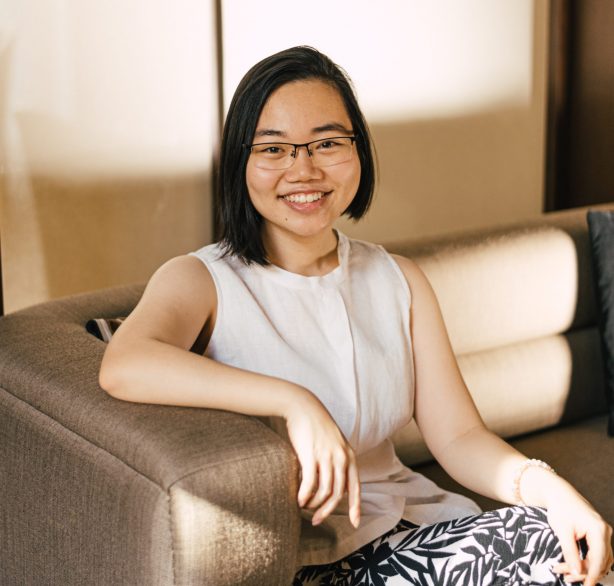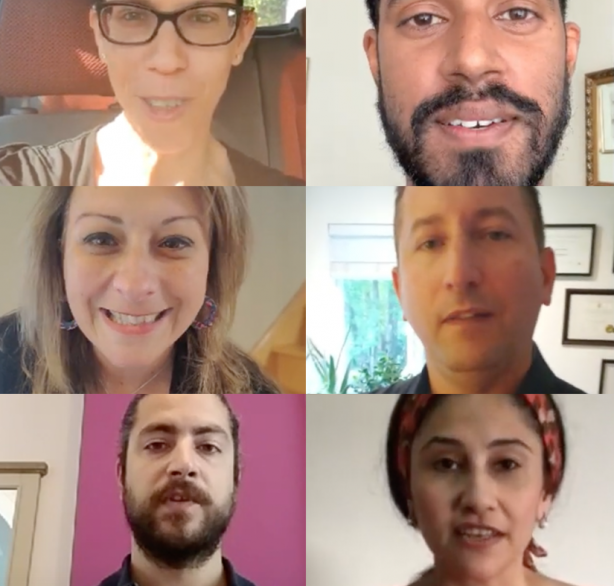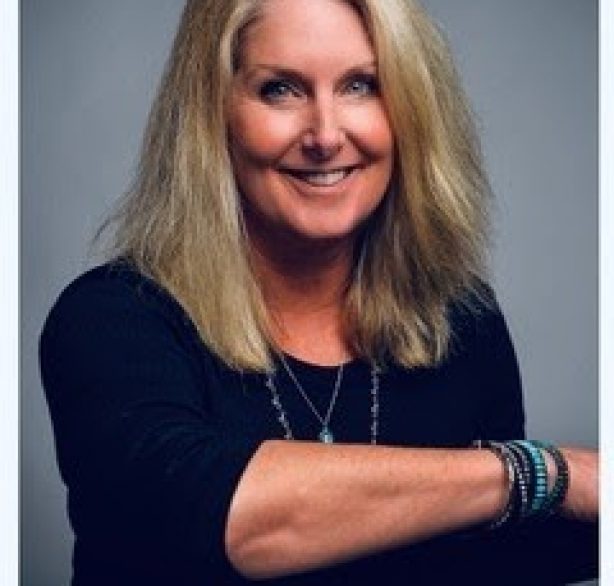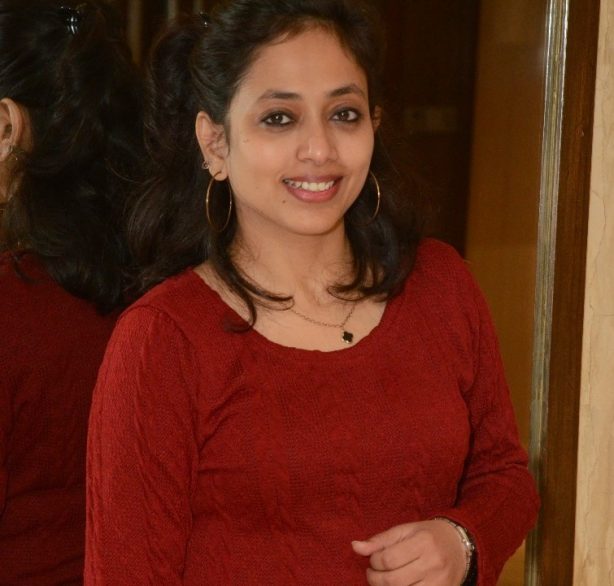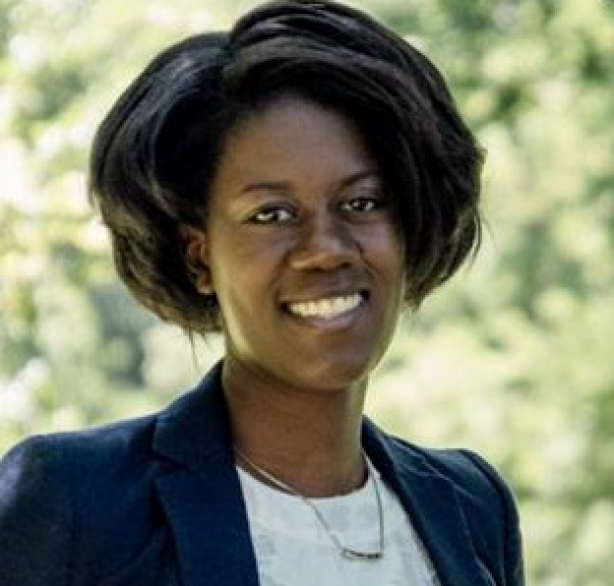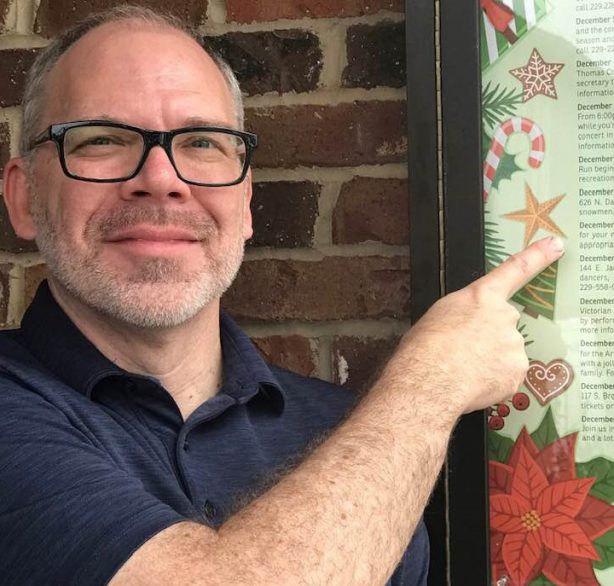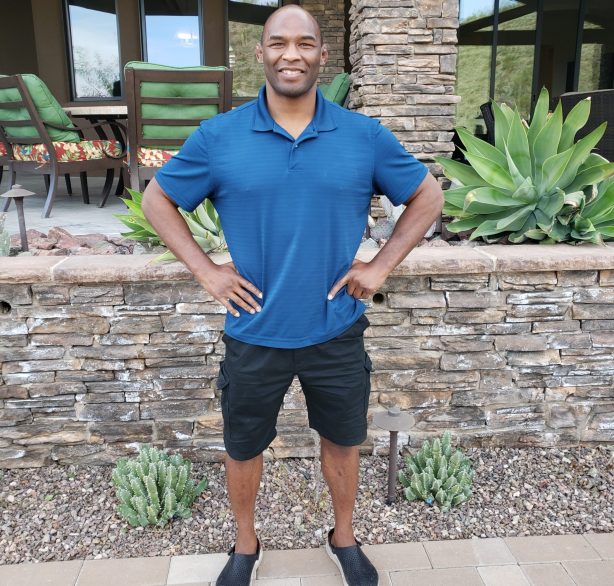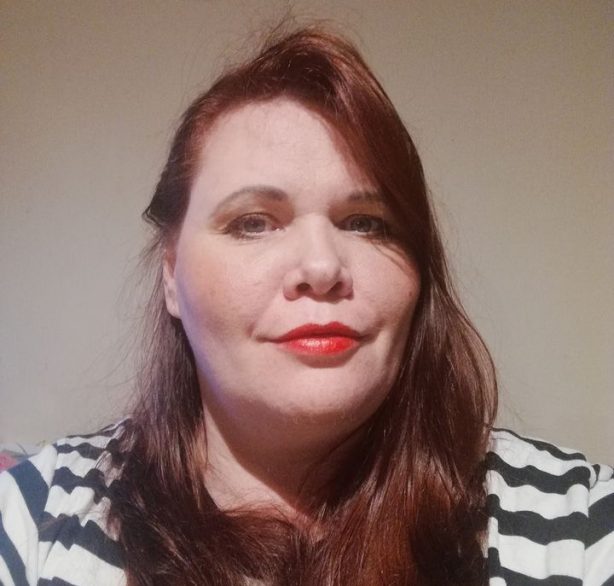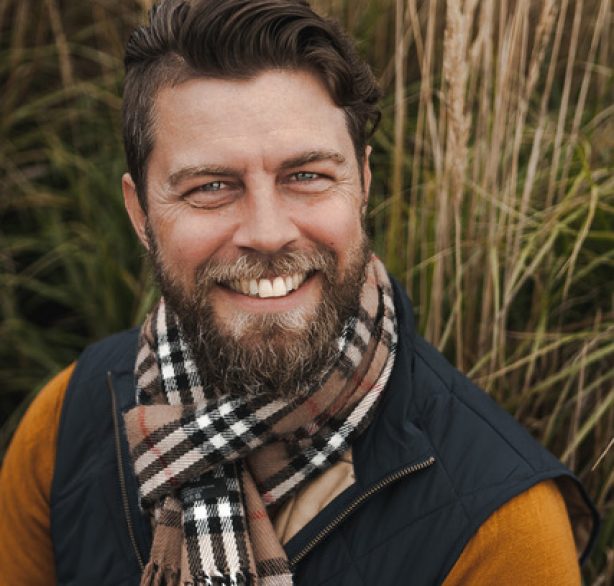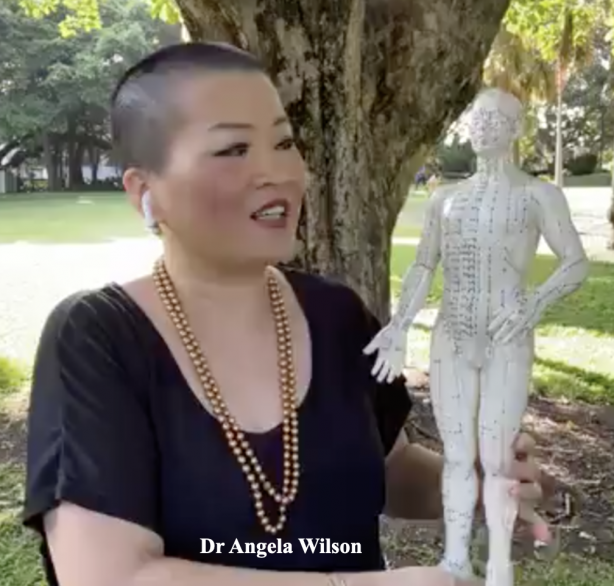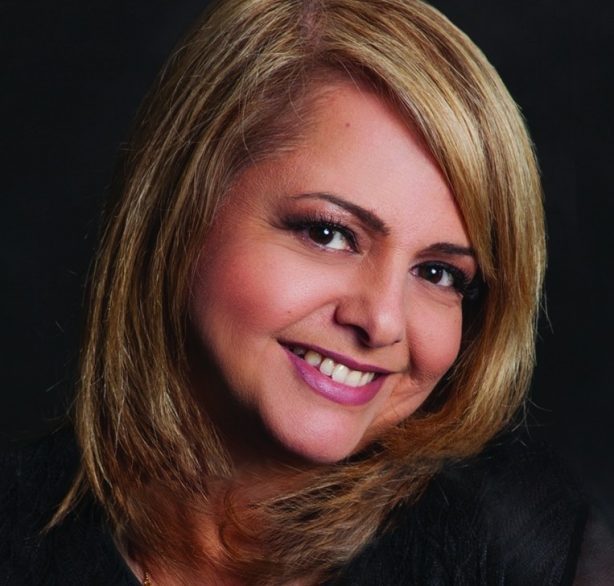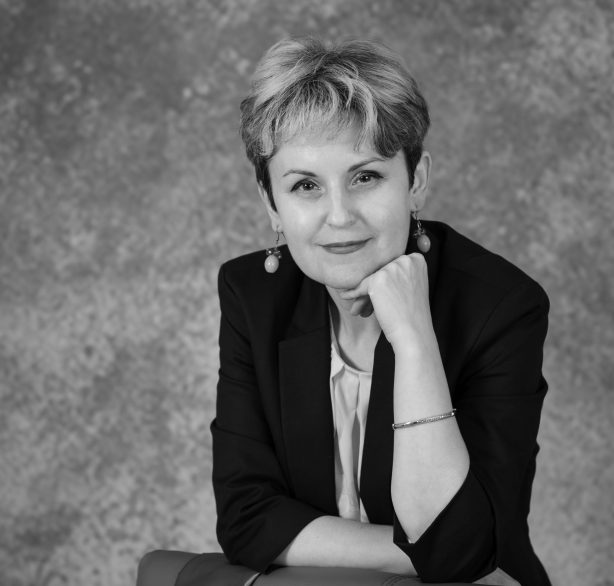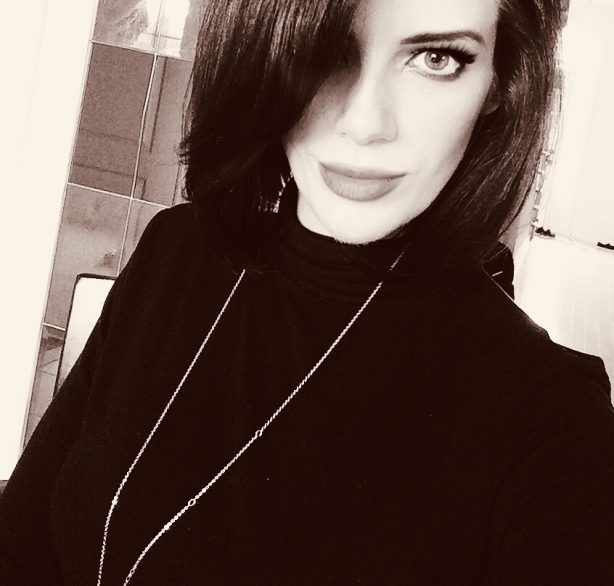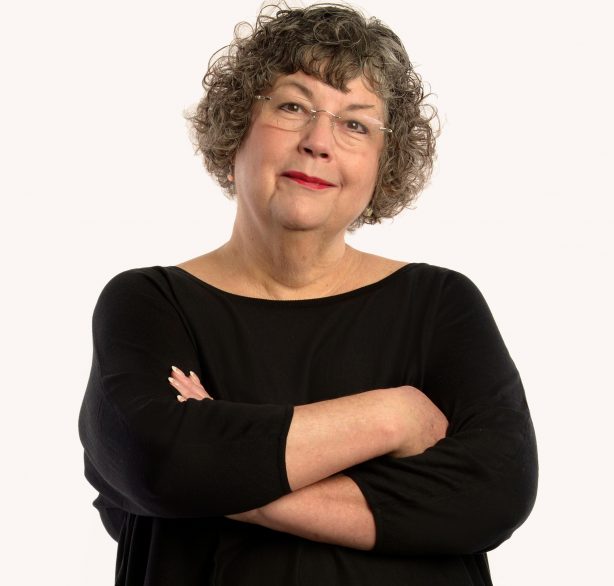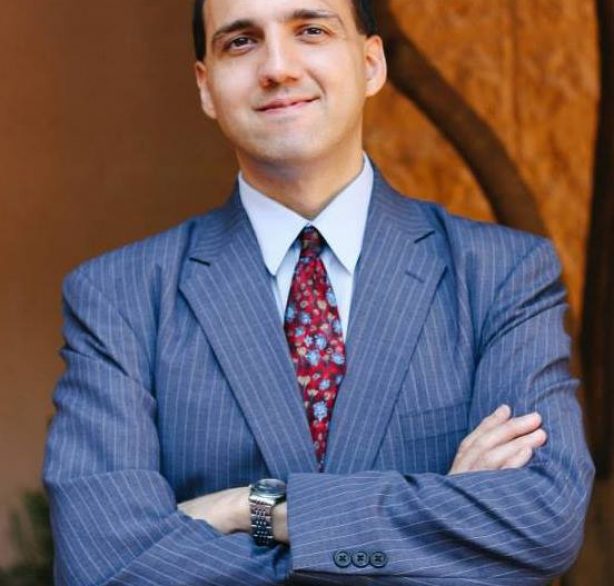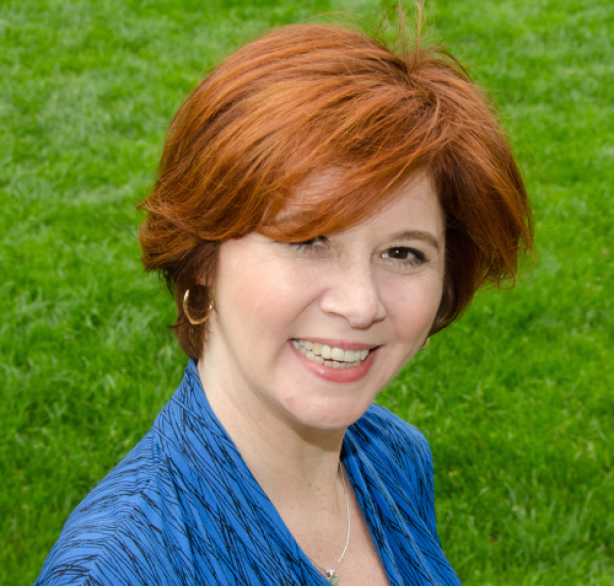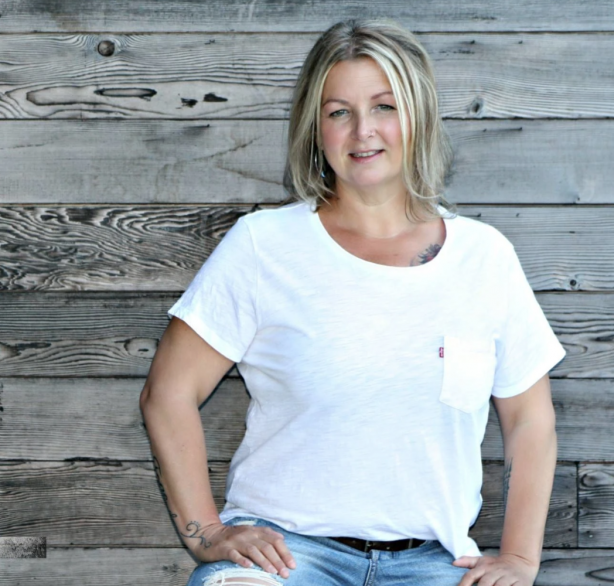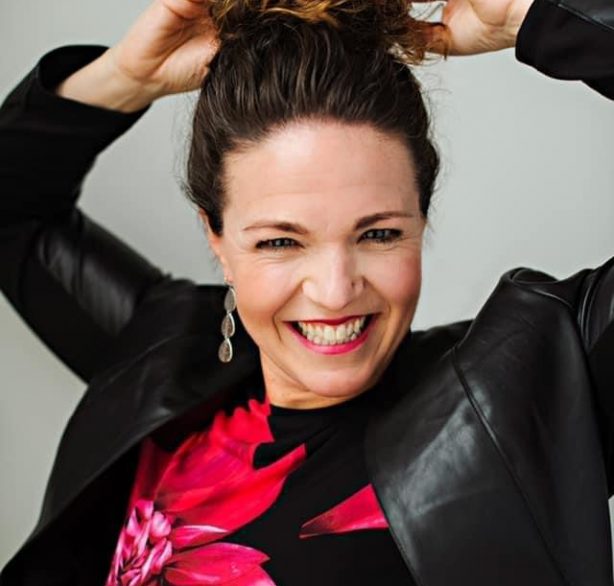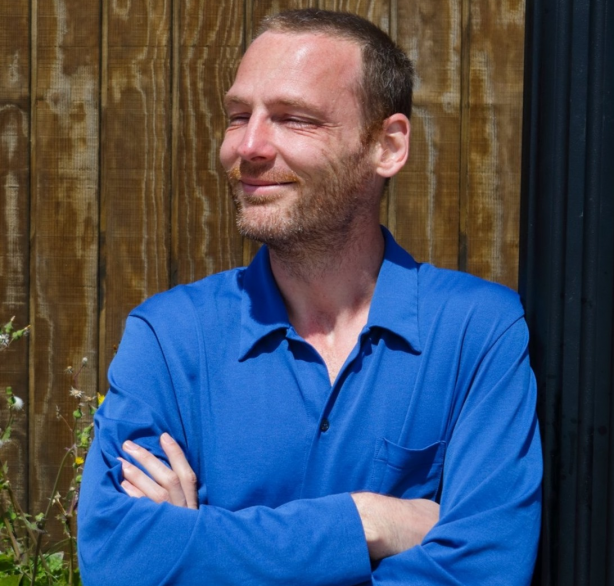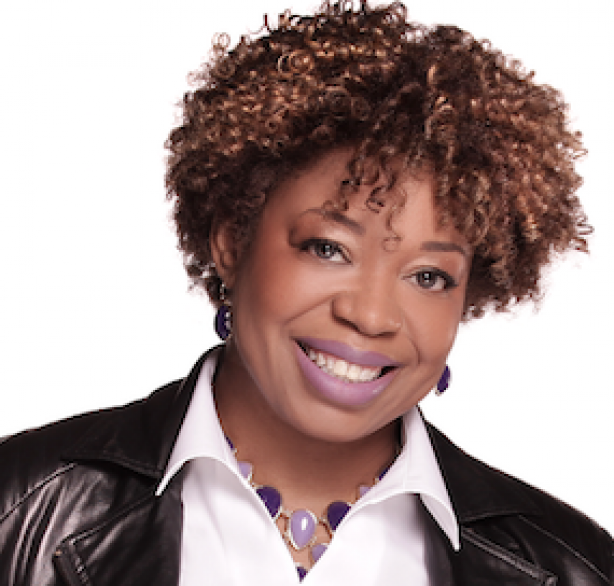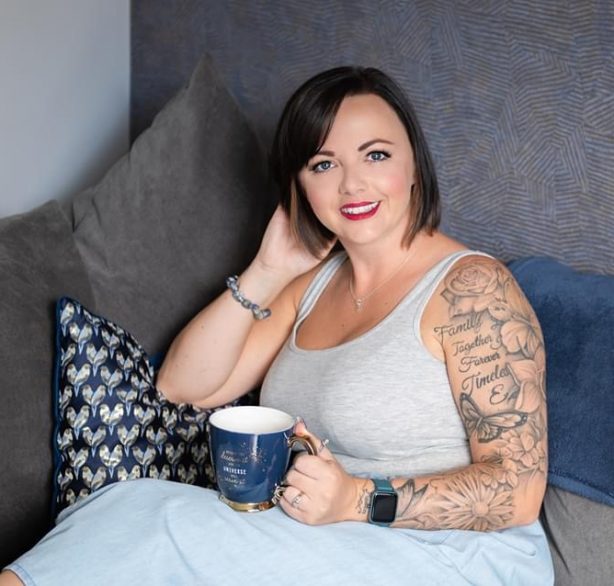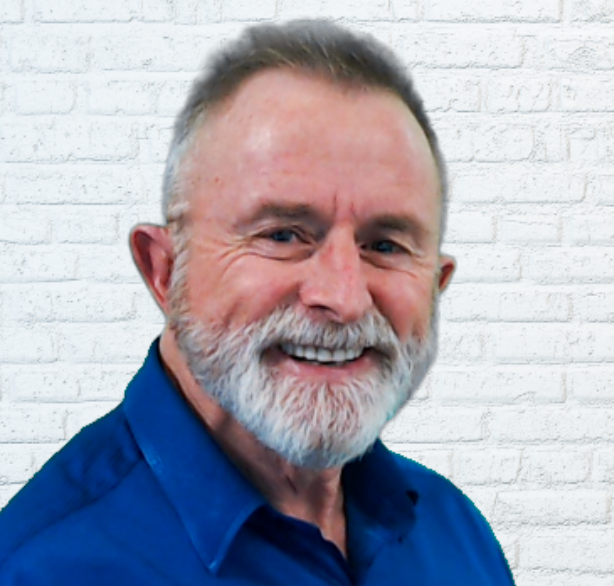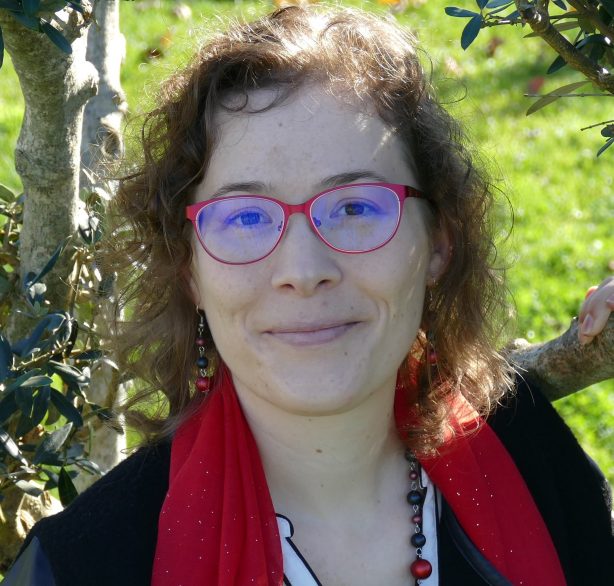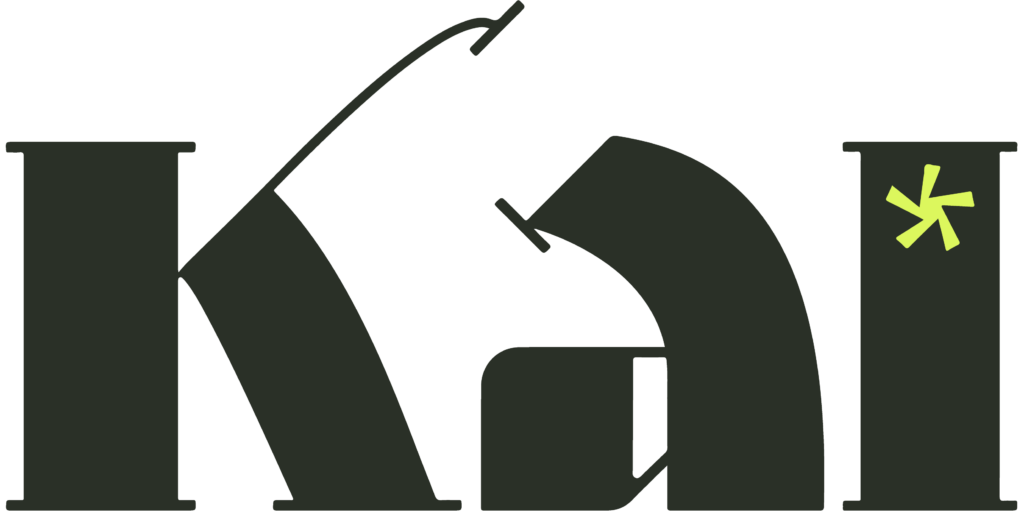Watch the full and inspiring interview with Casey
If you prefer reading, here is the transcribed interview
Ziv: Hey, I’m Ziv and this is “On the Journey”. Every week “On the Journey” expose the intersections of wellness, spiritual inquiry, mental health, personal growth, and purposeful living through the eyes of the people we interview.
Casey, I’d love to hear about your journey.
Casey: All right. Hey, I’m Casey Corbin, and I’ve been a counsellor for the last 20 years and mostly working with people that have formed some really bad habits, working with people that are addicted usually to chemical addiction, such as alcohol and drugs, but also some other things too and bad habit patterns. And then lately, about two years ago, I shifted into doing more life coaching, but still kind of doing the same thing.
I am able to reach a different audience, mostly executives and high performers, but I find myself doing the same kind of materials. I’m talking about assertiveness and anger management and mood management and habit forming and all those things that I did with the addicts that were smoking crack behind a dumpster, living in the street two weeks ago.
So, it’s kind of funny.
Ziv: Yes! When you talk about it that way, then it sounds like it means we are all addicted in a way to bad habits, although they’re not in the extreme into drugs, all of us.
Casey: Yeah.
Ziv: We all have those bad habits that we try to stop, and we all want the good habits to stick. So, how do we do it?
Casey: That is an excellent question. When I figure it out, I’ll let you know. When I figure myself out, I’ll let you know. Although I’ve done this for two decades now, I still find myself becoming more self-aware and finding that I am continuing to self-sabotage my own efforts.
You know, I’m heading towards this direction and I’m like something is preventing me. And so, I use mindfulness meditation, some other practices to go into it and go, what is it? What is blocking me on this?
I have come to a place of acceptance that I'm never going to figure this out 100%. And I'll always have some kind of blocks or something to work on, something to improve on. Share on XSo, I’m on the journey at least I’m sure every listener is too, and I think that that’s okay. And so, I think the first step in that is, I’m never going to hit this perfect. And so, I should drop the perfectionism and let me just go ahead and just accept where I’m at right now. And then challenge myself if I can improve this a little bit. Not huge things and see if I can improve a little bit every day. And I think that starts with changing the habits that have betrayed me in the past, changing those into more positive habits in my life.
Ziv: That’s interesting. Two things that is really interesting. One, is to be able to accept the blockage and accept the fact that you will never really can do it perfectly or maybe not even close.
Casey: Yeah, it’s freeing.
Ziv: It’s freeing. Yeah. Because you’re kind to yourself and compassionate to yourself. And the second thing which is interesting, you didn’t say how to build new good habits. You said transform the bad habits into good ones. How does that work?
Casey: Well, I think that we have to try to see even negative things through a positive lens, right? I mean, how did I get into this negative habit? That required some skills on my part. Can I use those same skills to take that habit pattern that has some negative outcomes that I don’t really care for? And can I use those same skills? Can I cherish those skills, those things that I have, those things that I’ve learned? They came into my life. They came into our lives because they worked. They did something for us that we felt like we needed at the time.
Now, later, maybe we don’t need them anymore. Maybe we’ve outgrown them, but maybe they caused us to survive something in the past. But I no longer need that. Or I could transform it into something that can take me into a direction that I want to go.
Ziv: So, I want to challenge you.
Casey: Yeah.
Ziv: Because it’s fun.
Casey: I’m up for it.
Ziv: I’m addicted to sugar. I love sugar. It just makes my day.
Casey: You do not look like you’re addicted to sugar. I look like I’m addicted to sugar.
Ziv: That’s the problem because we know when the pain is great. Fortunately, I don’t have diabetes and fortunately I’m not fat. So, the pain is not big enough for me to change, and I know that it’s not good for me. I know I need to eat less sugar. But again, I’m not fat. I don’t have diabetes. I’m not sick. So, the pain is not big.
And I wish I could change this habit. I want to eat way less sugar and one voice in me saying, “Hey, be compassionate to yourself, be kind, treat yourself”. So, I’m addicted to sugar, its okay. And the other voice in me saying, “No. I really want to eat less sugar. I do want to get rid of this habit”. Help me, Casey.
Casey: Yeah. I love the way that you’ve divided your parts, like you’re having a conversation within yourself, and that’s something that we all do. My counselling modality, if you will or something. And I call it “Post Therapy” and just getting people to talk to themselves. And it quit seeing ourselves as an enemy. And particularly people that have, in my field what we call is “The Beast Brain”. When somebody has become addicted, let’s say, to crack cocaine or methamphetamines or opiates. Is that they know that there’s this war between themselves and this part of them that wants to use and doesn’t care about their family, doesn’t care about their health, doesn’t care about their goals in life.
And oftentimes they manifest this conversation within themselves that is derogatory and they’re trying to take out an enemy. And I don’t find that very helpful. Like you already mentioned, it’s really good to be loving and kind towards ourselves. And this part of the drug addicts that wants to use again. And even though they know that would destroy their life. That part of them has reasons for feeling that way. And we need to discover what that is and help them change and make some better choices. Maybe to get the same goals. So, I’ll start by asking you. That part of you that wants the sugar, what is it looking for? And then I’d also like to hear from the other part of you that says, “No, I want to stop eating sugar”. What’s its motivation? I mean, just real brief. What do you think?
Ziv: Briefly, the part that wants to eat sugar, says, “I do try to do so many things, so many healthy things which are not that much fun in the fun way, in the pure fun way”. And sugar is just pure fun. So, that’s my fun and windows in the day and just being careless and doing something that is maybe not that destructive and yet fun.
Casey: Yeah.
Ziv: What are my values? My values are leading a healthy, productive, good life and that he doesn’t want to be a slave to all kinds of bodily fed passions. And clinging to things that are not real, because sugar for me is not real happiness. It’s an instant joy.
Casey: Is it possible that each part is a little too extreme? And that maybe there’s a happy medium or at least the first step might be is that the two parts of you could have, and it sounds as crazy but the two parts of you could have, a conversation and kind of meet in the middle and come up with a plan that might be a first step for you? Maybe harm reduction as opposed to abstinence with the sugar for example.
Ziv: Compromise between the two parts?
Casey: Yeah. As a first step, it might not be the end goal but it might be. Let’s try reducing our sugar content by half next week. Then you still kind of get what you want and then we’ll see how we feel. And maybe from there, if we have a future goal, we could also set that too. But in an atmosphere of acceptance and loving and kindness towards each part of ourselves, even the parts that we might view sometimes as the enemy within us. Can we do something to get an operating in that kindness towards each other?
Ziv: That’s really interesting. I love that approach to be kind even to the parts which in a way would like to go and make them go away.
Casey: Yeah. I know as a psychologist that you have worked with people that have had tremendous abuse. I know about that. By sexual abuse, physical abuse, emotional abuse.
And usually from that trauma in their past, when I’m talking with my clients, I usually refer to it as; let’s say they were sexually abused when they were 10 years old. You know, that’s your 10 year old self. Or I might say that their name is John. And I’d say that’s 10 year old John who is feeling this way. And 10 year old John is asserting sometimes or I’d be talking to a 40 year old adult. And 10-year-old John keeps sabotaging their success and their career, keeps sabotaging their relationships, keeps sabotaging other goals that they’re trying to get after in their life. And in a much more dramatic sense, we can have 10 year old John and 40 year old John create an atmosphere through meditation that they can have a conversation. Where instead of because, you know this too, is that for 30 years, 40 year old John has taken 10 year old John and shoved him down into his gut like he created a dungeon. And we don’t think we’re taking a part of herself and trying to lob it off.
But instead, what we think is, “I don’t want to think about that right now”. You know, something reminds us of that time that we were sexually abused when we were 10 years old. And we’re like, get busy and do other things. And what we’re doing then is we’re not just taking that far out of that emotion and pushing it down. We’re actually taking an aspect of ourselves.
And that’s very sad. And we need to have empathy towards ourselves because that part of us is the part of us that is already feeling rejected, already feeling pushed aside. And that part of us, instead what we need to do is to include them, bring them back into the fold of the whole of who we are. And everything that they experienced and everything that they are. Also see the value that they contribute to us and bring them in and heal them.
And so we’re talking about you for example is sugar. Some people might have some really big deal or stuffs going on in their life and we can use this approach too. What we’ve done is some psychologist jumble. They’ve disassociated an aspect of themselves and we need to reintegrate this part of this. Reintegration is always done the same way. We always do this by loving, caring and accepting ourselves.
Ziv: That’s powerful because we started the conversation with acceptance and we are closing it with acceptance. And that’s the basic tool, right? All the parts and to be able to observe them and to be kind to also to these parts.
Casey: That’s so true. And it’s hard because we view them, as the part that keeps messing this up or the part that we don’t want to think about. And so, we were in the habit. We talked about habit patterns. We’re in the habit of instantaneously going as soon as we have that thought. So we have that feeling of just immediately being repulsed by it. Thinking that it is.
I’m not a sexual toy, you know, I’m not a something, a plaything for somebody else, I can’t think like that. So, I go into denial and we shove that down. And again, the only fix it for dissociation as reintegration where we love and accept that aspect of ourselves who feels like a sexual toy to be used by somebody else. And now we accept that they feel that way. That part of me feels that way. And now I reintegrate them and I love them. I care for them. I help them to form a new identity as being somebody who’s cared for and loved. And it’s not a plaything for somebody else. What we got really rough there with the examples.
Ziv: Yeah, we have.
Casey: I’m sorry.
Ziv: But I think the beautiful part is really to be brave enough to accept all who we are.
Ok, Casey. The internet fell but I’m thinking a really good timing for what you have said that we need to need to accept it, accept the danger.
Casey: That’s right.
Ziv: We need to accept all the parts. All the parts in us, the difficult and the heavy ones and the ones that are easier for us to accept. And that’s the beginning. That’s like the basic of everything. Right?
Casey: I really believe that that is true. And when we any time that I like to say it this way, when we’re shocked by our behavior, when we look back with regret and the way I like to say it is any time we give a thousand dollar response to a ten dollar question, we know that we’ve tapped into a part of us that is hurt and a part of us that are scared or part of us that is angry. And that it’s bursting out in that moment. And so I look forward to that. I admit it in the beginning of our interview, as is that I’m not done cooking and I’ve still got some sabotage in there. And as I’ve become aware of it, I like to deal with it, you know, as soon as I possibly can. Is that when I look forward to those moments that I do. I open my mouth, you know, and something comes out that I would not want to say. Or something I would not want to do. As going, okay, well, that’s just highlighted to me that I have some more work to do. Let me go and bite that part of myself to sit down at the table, have a conversation and reintegrate by being loving and kind and accepting myself.
Ziv: That’s wonderful, wonderful summary, wonderful. I really enjoyed our interview.
Casey: Me too.
Ziv: The way your perspective. The deep way that you see things. Thank you very much for your time.
Casey: Very much. My pleasure.
Can you share with us a little about your background, experience and your passions in life?
I’ve been a professional full time counselor for 20 years. I’ve worked mainly in addiction. Addicts usually have unresolved ‘root issues’ from childhood, so I have developed approaches to help them heal up from abuse, neglect, grief/loss, …but I have specialized in sexual abuse since I, myself, am a survivor.
Now I do coaching with high level acheivers and find myself doing the very same work with them to heal up the past.
I also coach counselors in switching to private practice. I have products and membership for clinicians called “Ethically Automate your counseling program” .
I am a certified hypnotist -but in the US the state of South Georgia isn’t very open to Hypnosis, so I coined the term “Mind-Base Mood Management” (MBMM) and offer it to my clients. Other counselors hear of the results and want to know how they can use MBMM with their clients so I have a program of instruction for them to learn. I teach workshops at conferences which lead to creating an online education program for clinicians on MBMM.
If you could select one piece of advice that you feel the world needs to listen to and bring into reality, what would it be?
Don’t polarize. There are many more points of view than just two. In the states we have a two party system that war with each other and expect everyone that joins their party to align with the party 100%. This has lead us to oversimplification of very complex issues and results in not serving humanity well at all.
Who is your virtual coach/mentor, and why?
Several. Matt Tommey has a program for artist, he has been my mentor for three years.
What book changed your life, and in what way?
Rich Dad, Poor Dad. 4 hour workweek. The Christian Bible.
Do you practice mindfulness? If yes, why did you start and what do you like about the practice of mindfulness?
Yes. I had terrible anxiety.
What do you do when you don’t know what to do?
Seek God who loves me and wants the best for me for direction.
What is the most unusual thing you are grateful for?
COVID and how it has advanced society in some ways, raise awareness that all people on the planet are connected.
What question I should have asked you by now that I haven’t yet…? What would your answer be?
Would you like to do an affiliate offer within the podcast? If so, we could offer your listeners half price, and then you a 50% affiliate link on this product
DISCOVER MORE OF CASEY THROUGH HIS WEBSITE
